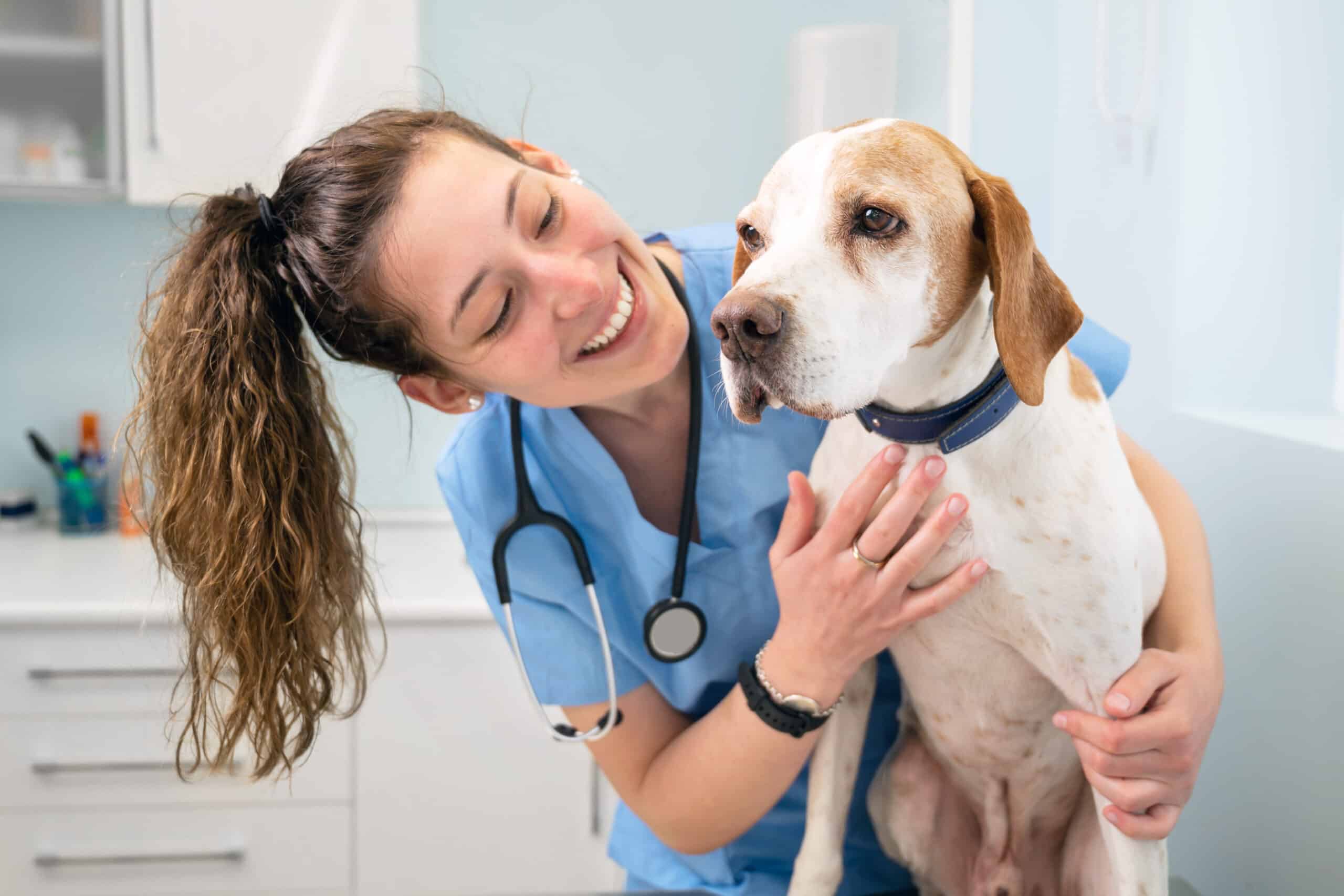Introduction
In the intricate tapestry of animal care, veterinary technicians, often referred to as vet techs, play a pivotal role. These skilled professionals work alongside veterinarians, providing essential support in ensuring the well-being of our beloved pets. Let’s delve into the world of vet techs, exploring their responsibilities, educational journey, and the evolving landscape of their profession.
Educational Requirements
Becoming a vet tech requires a combination of academic knowledge and specialized training. Prospective vet techs typically pursue an associate degree in veterinary technology. This is complemented by hands-on training, including internships, where aspiring professionals gain practical experience in dealing with various animal species. Additionally, licensing and certification are crucial steps towards practicing as a vet tech.
Duties and Responsibilities
The daily tasks of vet techs encompass a wide array of responsibilities. From assisting veterinarians during examinations and surgeries to handling and restraining animals, tweetboard.me/ techs are the backbone of any veterinary practice. Administering medications, conducting laboratory procedures, and maintaining detailed records are among their many roles.
Working Environments
Vet techs find employment in diverse settings, including veterinary clinics, animal hospitals, research institutions, and even zoos or wildlife parks. Each environment poses unique challenges and opportunities for these professionals, contributing to the dynamic nature of their work.
Skills and Qualities
The role of a vet tech demands a unique set of skills and qualities. Compassion for animals, attention to detail, effective communication, and physical stamina are among the attributes that define a successful vet tech. These qualities ensure that vet techs can handle the demands of their profession with dedication and care.
Challenges in the Field
While immensely rewarding, the field of vet technology comes with its share of challenges. Emotional stress, particularly when dealing with difficult cases or the loss of an animal, is a reality that vet techs must confront. Continuous learning is also essential, given the ever-evolving landscape of veterinary medicine.
Advancements in Vet Tech Field
The integration of technology has significantly impacted the vet tech profession. From advanced diagnostic tools to digital record-keeping systems, vet techs embrace technological advancements to enhance the quality of care provided to animals. Specialized areas of practice, such as dentistry or anesthesia, further showcase the diversification within the field.
Career Opportunities
Vet techs can choose from a variety of career paths, including private practice, government agencies, and roles in research and academia. The versatility of their skills opens doors to numerous opportunities, allowing vet techs to align their career with their passions and interests.
Salary and Job Outlook
The dedication and expertise of vet techs are reflected in competitive salaries. The job market for vet techs is projected to grow, offering a positive outlook for individuals entering this field. As the demand for quality animal care increases, vet techs become invaluable assets to veterinary practices.
How to Become a Vet Tech
Aspiring vet techs can follow different educational paths, including accredited programs and online courses. Internships and practical experiences provide hands-on learning opportunities, preparing individuals for the challenges of the profession. Pursuing continuous education further enhances a vet tech’s knowledge and skills.
Continuing Education
Continued learning is not only encouraged but essential for the career growth of vet techs. Specialized certifications, workshops, and advanced degree programs allow vet techs to stay abreast of industry developments and advancements, ensuring they provide the best possible care to their animal patients.
The Human-Animal Bond
Beyond medical care, vet techs contribute to enhancing the human-animal bond. Their compassionate approach and dedication foster trust between pet owners and the veterinary team. The emotional rewards of strengthening these relationships add a profound dimension to the profession.
Impact of Vet Techs on Animal Health
Vet techs play a crucial role in preventive care, helping to ensure the overall health and well-being of animals. Their involvement in disease management is pivotal, contributing to early detection and effective treatment. The positive impact of vet techs on animal health resonates throughout the community.
Future Trends in Vet Tech Profession
The future of vet tech profession holds exciting possibilities. Technological advancements will continue to shape the field, offering new tools and methods for diagnosis and treatment. The role of vet techs is likely to evolve, with increased specialization and a broader scope of responsibilities.
Conclusion
In the heart of every veterinary practice, vet techs stand as unsung heroes, contributing significantly to the health and happiness of our furry friends. From their educational journey to the diverse career paths available, the vet tech profession is one of passion, skill, and dedication. As we acknowledge their vital role, let’s encourage and support those aspiring to join this noble profession.

